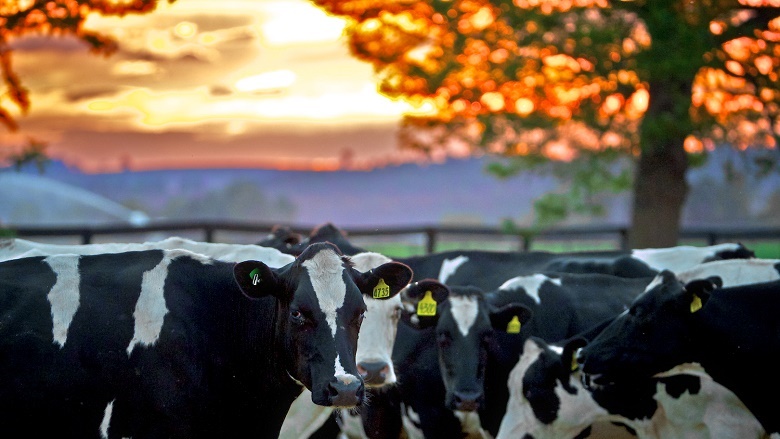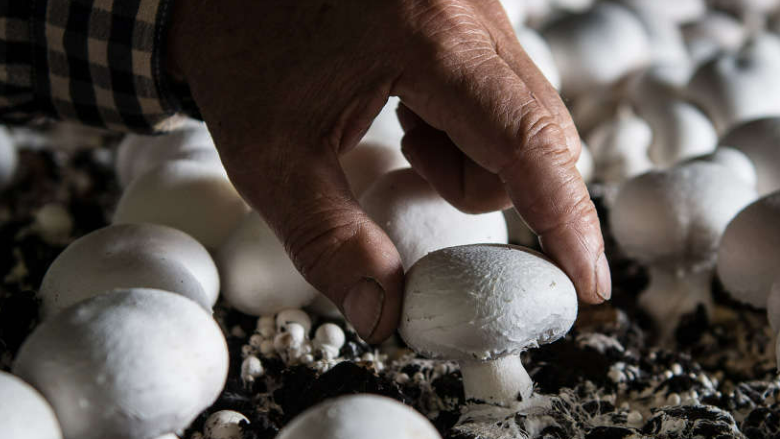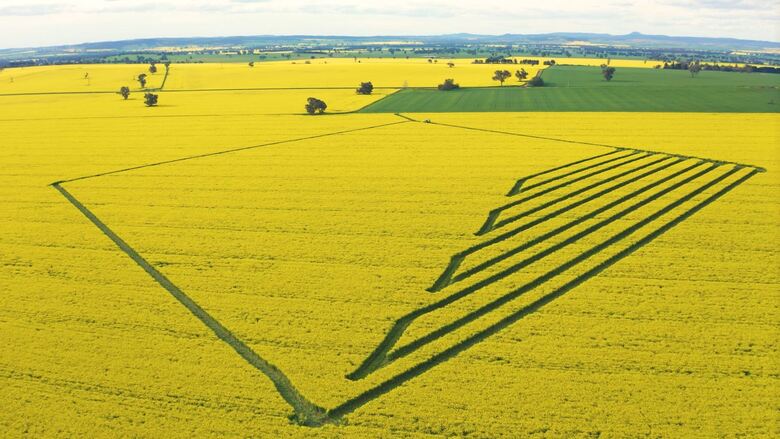Commonwealth Bank Executive General Manager Regional and Agribusiness, Paul Fowler, said agribusinesses are working towards more sustainable ways of operating.
“At CommBank, we are seeing an acceleration in momentum as well as a shift in the types of conversations we’re having with our customers around the opportunities across sustainable practices to advance their environmental goals while improving farm assets and productivity.
“Farmers are moving from curiosity and intent towards action. This shift is being driven by the opportunities to drive productivity, to differentiate their products and to secure their supply chain.
“Farmers are clearly ready to take action and we’re committed to helping farmers across Australia to grow their business with innovative sustainability solutions.”
Among the many farmers reaping the benefits of regenerative farming are Gippsland farmers Narelle and Mark McDonald, who have run a successful beef on dairy operation complemented by regenerative practices for more than 10 years.
The McDonalds recently used a CommBank Agri Green Loan to support a multi-species pasture renovation program to restore the soil quality on their recently purchased farm, to enhance their business for the long term.
CBA also supported the farm to diversify its income through beef on dairy, which is a practice that addresses a longstanding issue within the dairy industry related to surplus calves.
The McDonalds cross their Friesian dairy cows with Wagyu bulls, which are lighter and make for easier calving. The use of genomic testing has helped to identify the top dairy cows to breed with sexed semen. The first generation female calves are reared as part of the dairy herd, and the remaining males calves are reared on farm and sold into the beef market.
The regenerative farming philosophy adopted by the McDonalds significantly minimises the use of sprays and fertilisers.
“As dairy farmers, our margins have been eroded over time, so we’ve utilised regenerative farming to reduce our cost of production through the decrease in synthetic inputs,” said Mr McDonald.
“We now manufacture our own organic compost and use occasional supplements in response to our system’s needs to lift the measured health of pastures, which underpins the nutrient density of our produce.
“We’re not just committed to creating a more profitable and productive farm, we are trying to create a better environment, healthier food, and leave something better for the future.”
The McDonalds said CBA’s support has been invaluable.
“It is reassuring to partner with a bank that is aligned to our values. CommBank understands exactly how we’re farming. They are right behind us and this has removed a lot of the worry for us. Having a bank that will back us is so important. We’re not quite done growing.”



